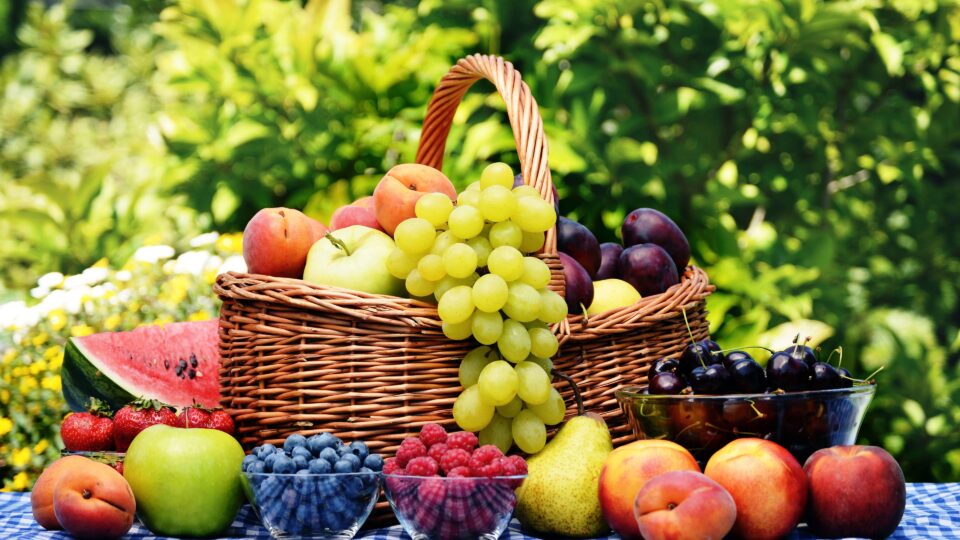The Ministry of Foreign Affairs of the Republic of Moldova plans a working visit of a government delegation to Egypt in February to hold consultations on an interstate free trade agreement with the ministries and departments of Egypt. The Moldovan Ministry of Economy is currently finalizing the draft document. If it is coordinated quickly and successfully with the Egyptian party, the agreement may be concluded as early as the spring of 2022.
Representatives of organizations of producers and exporters of fruit products claim that they have previously submitted to the Ministry of Agriculture and Food Industry (MAIA) their proposals for cooperation on trade in agri-food products with Egypt. In their opinion, a better option would be to sign not a comprehensive free trade agreement between states, but an agreement on commercial preferences for a list of products.
While studying this issue with Middle Eastern trading partners (owners of enterprises in Moldova exporting fruits to the UAE and North Africa), experts from fruit growing associations concluded that Moldovan apples, table grapes and dried plums may be the most demanded on the Egyptian market. Citrus and exotic fruits, as well as some types of vegetables from Egypt could be supplied to the Moldovan market.
Traders who plan to export apples to Egypt in the near future note that these are most likely to be average-quality apples exported to Cairo – in particular, apples with a diameter of 65-70 mm, red and mostly sweet varieties (although sweet and sour “Idared” is not rejected right away). Given the simpler and faster transport logistics and less stringent product quality requirements, Moldovan exporters regard the Egyptian market as more accessible than the markets of the Middle East. In their opinion, the main deterrent for the active supply of Moldovan fruits to Egypt is the high import duty (about $200/tonne).
In addition, some participants in the Moldovan agri-food market claim that Turkish business is resisting the establishment of preferential trade between Moldova and Egypt. Turkey benefits from the free trade agreement with Moldova – Turkish citrus fruits and vegetables dominate the Moldovan market during certain periods of the marketing year. Also, suppliers of Turkish apples are actively increasing their presence in the Egyptian fruit market.
The use of the site materials is free if there is a direct and open for search engines hyperlink to a specific publication of the East-Fruit.com website.




